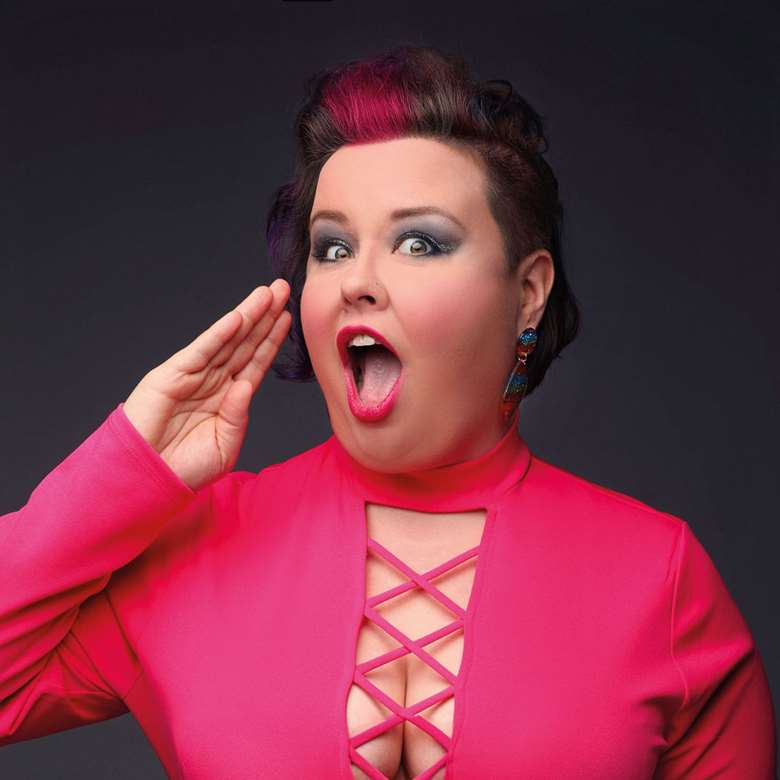Jamie Barton interview: ‘I’m going to try to amplify as many marginalised voices as I can’
Friday, May 22, 2020
American mezzo Jamie Barton has found a kindred spirit in composer Jake Heggie, both musically and personally, she tells David Patrick Stearns, as she releases a recital disc of his music, accompanied by him at the piano

Register now to continue reading
Thanks for exploring the Gramophone website. Sign up for a free account today to enjoy the following benefits:
- Free access to 3 subscriber-only articles per month
- Unlimited access to our news, podcasts and awards pages
- Free weekly email newsletter








